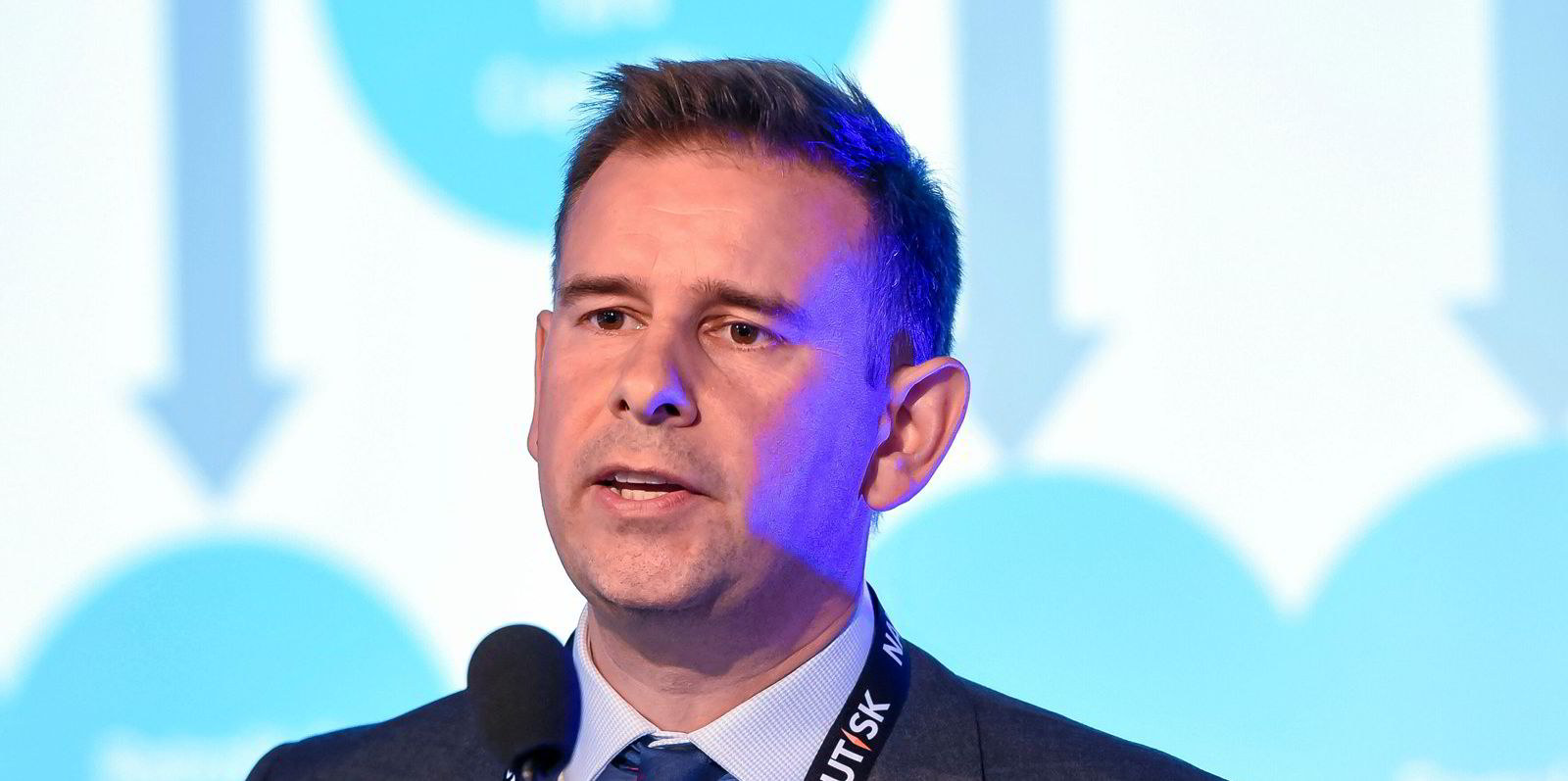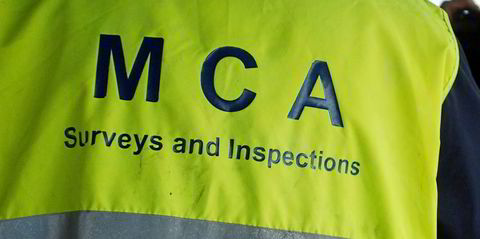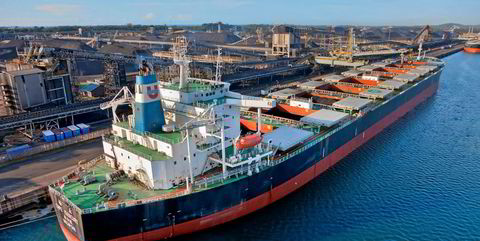Oil major BP has got its hands on five Maersk Supply Service (MSS) anchor-handling tug supply (AHTS) ships to help scrap a floating production vessel in what is a very tight offshore market.
Norwegian broker Seabrokers said the company had “done well” to secure sufficient tonnage, with ships in short supply this summer.
Spot rates jumped to a record $233,000 per day in June as available units dried up.
Teekay’s 43,300-gt Petrojarl Foinaven (built 1998) floating production storage and offloading (FPSO) unit is being taken off location west of Shetland, and has been the subject of controversy in the UK media.
Seabrokers said that as it became clear that there would be limitations on vessel supply this year, BP moved early to secure the 23,480-bhp Maersk Lifter (built 2009) on a three-month firm charter.
The ship went on-hire in mid-May.
This has been followed up by spot fixtures for the 17,500-bhp Maersk Handler (built 2002), the 23,480-dwt Logger (built 2009), and the 23856-bhp Mariner (built 2017) and Minder (built 2018).
The four additional spot vessels will start their contracts in mid-July.
One of those, the Maersk Minder, has just returned to service following a period of upgrading work which saw it fitted with a Wartsila hybrid battery system.
This made the vessel the first AHTS in the world to be converted to hybrid electric power.
Emissions cut by 15%
The system is expected to reduce the ship’s fuel consumption by a significant enough margin to reduce carbon emissions by 15%, Seabrokers said.
BP found itself at the centre of a row related to the Foinaven decommissioning earlier in July.
Confidential documents seen by the Guardian showed the company sought approval to drop 14 pipes, plus mooring lines and anchors from the Foinaven, in a legally protected marine wildlife zone 120 miles west of Shetland.
The report said the operation began earlier this month after BP was given clearance by the UK’s decommissioning regulator.
The area is protected under international law because of its rare giant deep sea sponges and ocean quahog, a slow-growing mollusc.
Legally required to recover pipes and cables
BP has been drilling there using the FPSO for 25 years.
TradeWinds had earlier reported the unit would be scrapped this summer.
The oil company said it was legally obliged to recover all the pipes and cables, and denied the uncontrolled release was intended to save money.
“Our plans to recover and dispose of the Foinaven risers and our commitments to minimise the impact on the environment as part of our decommissioning process remain unchanged,” BP said.
“Solely due to safety considerations, our proposed method of disconnecting the risers has changed, but our plans to recover and dispose of the risers have not. However, it will still be done in a controlled and sequenced manner,” the company added.






